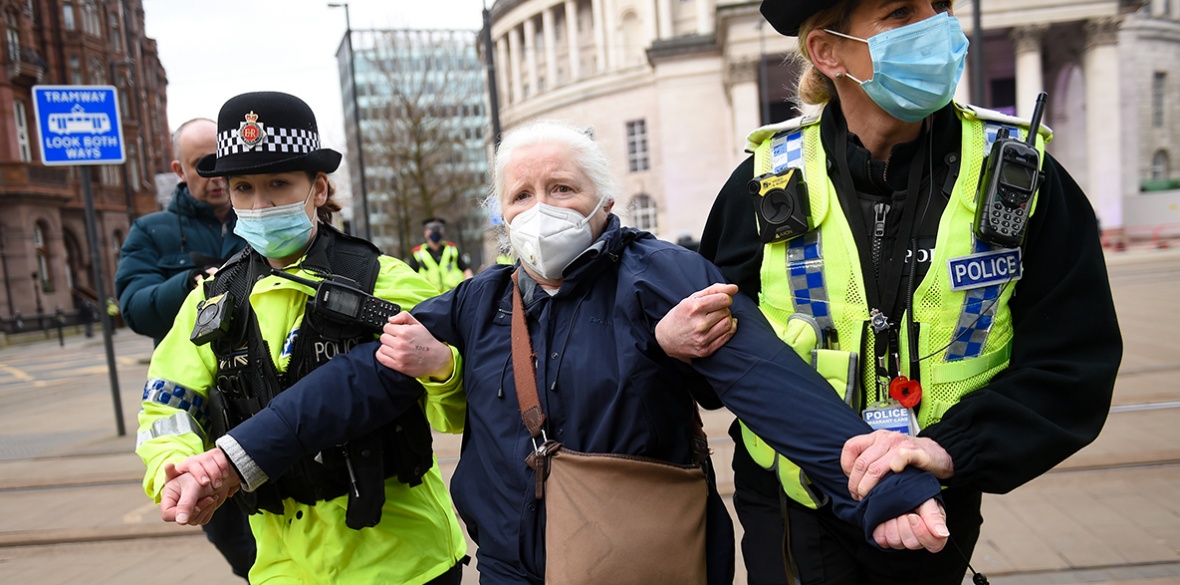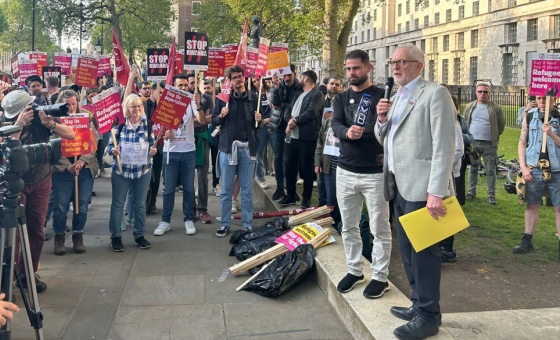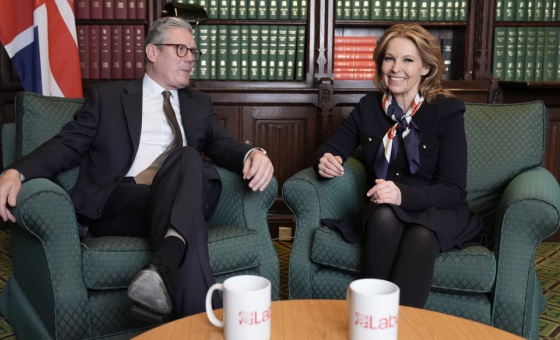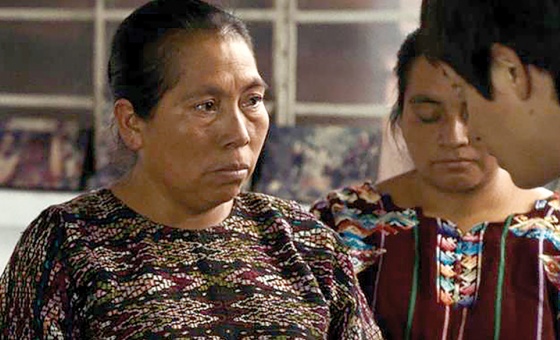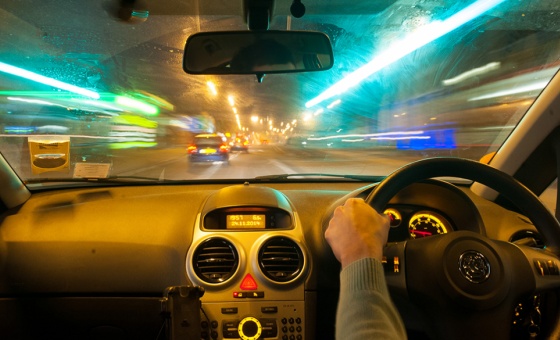THE sexist impact of the Covid crisis is clearer than ever in the statistic that four in five NHS workers hit by the government’s below-inflation pay insult are women.
The pandemic has been compared to an X-ray lighting up the hidden structures of our society — from low pay in many of the country’s most essential jobs to what infection patterns tell us about poverty, exploitation and oppression: the virus spreading more rapidly among those living in cramped conditions, working jobs that cannot be done from home and in workplaces which have not taken proper safety measures.
Just as the higher infection and death rates among black and ethnic minority communities reflect the reality of racial oppression in Britain, the disproportionate economic impact on women — who are more likely to have lost their jobs than men, and more likely to have seen their incomes reduced even if they are still in work — is evidence of women’s ongoing oppression as a sex.
The sexual division of labour sees women concentrated in sectors that are paid less for equivalent work, with the European TUC finding in a January study that men earned between a third and a fifth more than women working in jobs of a similar skill level.
It results in unpaid caring responsibilities, particularly for raising children, falling mainly on women, with consequences including women being more likely to be in part-time work.
Patriarchal gender expectations further concentrate women in caring, cleaning and service roles in the labour market.
Low pay is a common factor in all these sectors, but coronavirus has hit those working in them in different ways.
Lockdowns have caused enormous disruption in the retail and hospitality industries, where majority-female workforces have therefore seen the biggest hit to jobs and incomes.
Cleaning and caring work has become even more obviously vital than it was before, but the majority-female workforces in these sectors has been on the front line in roles exposing them to infection.
That’s clearly the case in the NHS, 77 per cent of whose workers are women. The government’s contemptuous 1 per cent pay offer — and the appalling scene of police officers arresting protesting nurses in Manchester today — shows that here as elsewhere the impact of the Covid crisis is to accelerate a race to the bottom.
Here it takes the form of downward pressure on wages that have already lost nearly a fifth of their real-terms value thanks to a decade of Tory austerity.
This grim reality shows that for all the corporate endorsement of International Women’s Day — and it is not hard to imagine what communist revolutionary Clara Zetkin, who first proposed that we mark this day at the 1910 International Socialist Women’s Conference, would make of sponsorship from arms dealers like Northrop Grumman and super-exploiting fast food chains like McDonald’s — women’s oppression is actually intensifying as class war by the rich raises the rate of exploitation of the whole working class.
Women are also overwhelmingly the victims of the marketisation of sex: universal access to pornography (a lethal industry for those trapped in it) being linked to rising sexual harassment of schoolgirls by their male peers and growing pressure on women and girls to accept male violence within relationships.
Corporate pressure to normalise prostitution fuels an industry rife with human-trafficking and modern slavery, the fate of thousands of child refugees denied sanctuary by the imperialist powers whose wars made them homeless in the first place.
This International Women’s Day, socialists look to reclaim a feminism rooted in the fight for women’s liberation: one that understands that legal equality alone cannot dissolve bonds forged by the capitalist system, the sexual division of labour and the commodification of human relationships.
There can be no socialist revolution without the emancipation of women: and the path to women’s liberation lies in socialist revolution.

